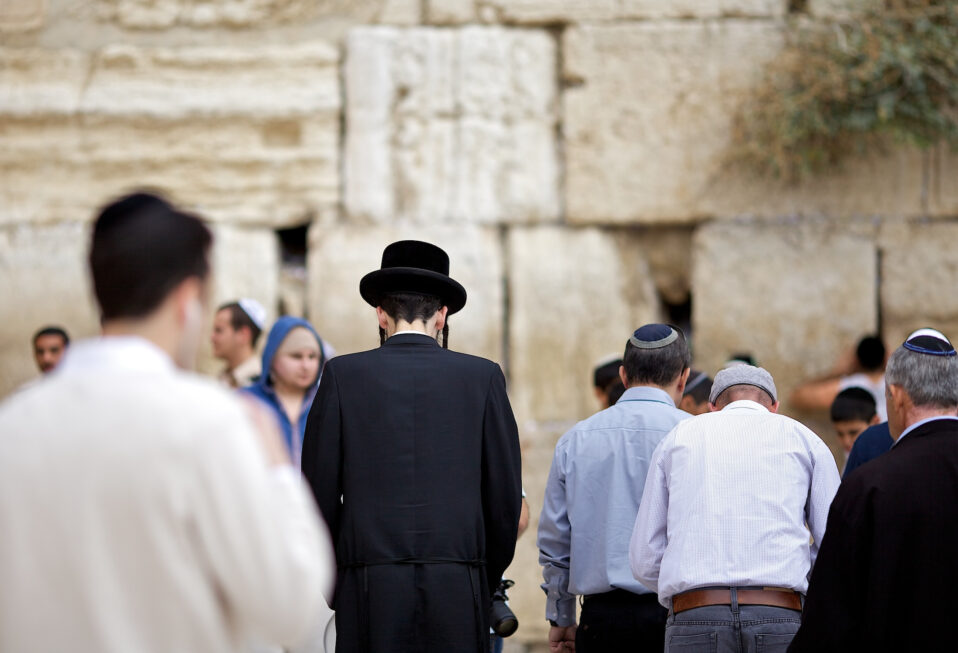“O Israel, hope in the Lord; for with the Lord there is mercy, and with Him is abundant redemption. And He shall redeem Israel from all his iniquities” (Psalm 130:7-8 NKJV).
Within the Bible, the “we” is more important than the “me.” This is a key difference between our Western spirituality today and that of the Bible.
Our focus centers on God and me: what God has done and can do for me, and my relationship with God. Yet in the Bible, an individual encounters—and experiences—God within the community. His redemption is tied to God’s redemption of His people.
The psalmist cried from the depths (Psalm 130:1-2). He pleaded with the Lord to listen to His cries. We do the same. We cry out to God from the depths of our despair. Our focus, even in our cries to God, often stop with us.
Yet, after the psalmist pleaded with God to listen, in verse 3 he began to focus on the community. “If You, O Lord, should mark iniquities, Lord, who could stand?” He did not see himself as isolated in his encounter with God. Rather, he was part of a larger community of faith. Our focus on ourselves within our faith journey creates a spiritual narcissism that was absent from the biblical world.
The psalmist described his posture of waiting for the Lord and compared it to the night watchmen on the walls of a city waiting for the dawn. Then, like the night watchmen, he becomes a herald to the city: “O Israel, hope in the Lord!” As he has hoped in the Lord and His coming, he now calls upon Israel to hope in the Lord, to recognize His steadfast love.
God’s love was not just for the psalmist; that love extended to all Israel. His power to redeem was not merely to lift the psalmist out of his despair, but to redeem Israel.
In fact, the psalmist’s redemption came by his participation in Israel’s redemption. God does not lift him out of the depths, yet when God redeems Israel, the psalmist too will receive redemption. Not only does God redeem Israel, but He redeems Israel from its iniquities.
This returns the reader back to what the psalmist said in verses 3-4, “If You, Lord, should mark iniquities, O Lord, who could stand? But there is forgiveness with You, so that You may be feared.” The God of Israel, the God who redeems Israel from its iniquities, is the God of steadfast love, who is to be feared.
Too often, our spiritual individualism leads us into a myopia of what God has done and will do for me. We do not express our spirituality through the lens of the community of faith. We may attend church and worship with others, but even in these settings, we are still individuals.
The psalmist found his redemption within God’s redemption of his people. This is where he found the confirmation of God’s love and forgiveness—within the community.
PRAYER
Lord, Your steadfast love is for us, the community of believers. You redeem us; help us to find You within those around us. Amen.




Post a comment